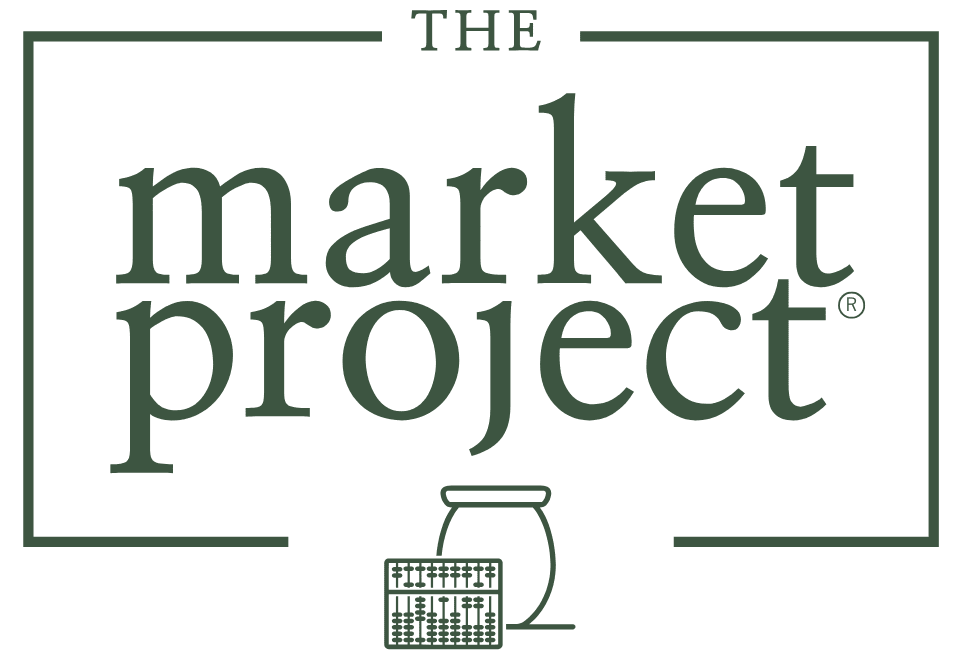Ugandans Struggle to Feed Their Families in the Time of Coronavirus
Uganda Suffering Severe Economic Disruption
Uganda like many countries has experienced severe economic disruption and instability as a result of the COVID-19 pandemic. While the country, as of June 2020, had a relatively low number of reported coronavirus cases, the virus has most severely impacted the business environment. In particular, Uganda’s dairy industry, including companies like Nguvu Dairy, has suffered in unique ways throughout this crisis.
According to recent statistics from Uganda’s Ministry of Trade, Industry and Cooperatives, the COVID-19 pandemic and the ensuing lockdown have caused business activity to drop by at least 50% in Uganda and throughout East Africa. Small and medium-sized businesses have suffered the brunt of the impact[1] due to restrictions on transportation and trade.
East African food systems are heavily reliant on international trade. The restricted capacity of ports and lengthy delays along trading routes have created a deficiency in critical inputs and consumer products. In addition, interpersonal trade has also suffered heavily. According to the Food and Agriculture Organization, data from Kenya indicates that up to 96% of retail trade in Kenya takes place in the informal sector — these statistics are similar in Uganda.[2] Reports by the World Bank suggest that “economic growth in sub-Saharan Africa will decline from 2.4% in 2019 to between -2.1% and -5.1% in 2020” due to a decline in both interpersonal and international trade.[3]
Increased Costs for Ugandan Businesses
Reports by Uganda’s Economic Policy Research Centre (EPRC) indicate that nine out of ten businesses in Uganda have reported “experiencing an increase in operating expenses due to preventive measures instituted by the government to curb the spread of the virus”.[4] Among these measures, some of the most costly have been the need to close doors of businesses to curb the spread of the virus and to implement other precautionary regulations and best practices such as purchasing face masks, hand sanitizer, and hand-washing stations.
In regards to the near-future of Ugandan businesses, the EPRC report cites as major concerns the reduced demand for products and the reduced ability to maintain operation costs. The EPRC report further suggests that if COVID-19 persists for another four months or more, “about 3.8 million workers would lose their jobs temporarily while 0.6 million would lose their employment permanently”. Over 75 percent of employees who are projected to be laid off permanently are from the service sector and are primarily living in the capital, Kampala.
Local Businesses like Nguvu Dairy Shielded
 For the small-scale dairy industry, producing, buying, and selling locally has certain advantages because the product doesn’t have to travel as far. Smallholder dairy farmers lack refrigeration which means their raw milk must be consumed quickly or enter the cold chain daily. Nguvu offers a convenient and steady market for their daily yields.
For the small-scale dairy industry, producing, buying, and selling locally has certain advantages because the product doesn’t have to travel as far. Smallholder dairy farmers lack refrigeration which means their raw milk must be consumed quickly or enter the cold chain daily. Nguvu offers a convenient and steady market for their daily yields.
In light of the pandemic, these factors can be considered an opportunity for a regional company like Nguvu Dairy.
Nguvu Dairy collects most of its milk from farmers about 20 miles from the production center in Gulu, and the four distribution sites are within an 85-mile radius from Gulu. When local authorities restricted transportation during the initial phase of the pandemic, Nguvu was shut down for periods of time. But by early June, Nguvu was again able to supply its distribution sites in Anaka, Gulu, Kitgum, and Lira, and open up its last-mile delivery system by the company’s bike-riding salespersons.
Yogurt Strengthens Ugandan Families’ Nutrition and Food Security
While the pandemic has exacerbated food insecurity in the region, there remains great potential for dairy industry growth in northern Uganda. According to Uganda National Household Surveys, at least 40 percent of Uganda’s labor force is involved in small-scale farming. Beyond this, nearly 70 percent of the population are dependent on subsistence farming for their food, which typically can limit dietary quality.[5] Dairy consumption is a fraction of what is recommended by the World Health Organization, largely due to the lack of access to quality dairy and refrigeration. Full-fat yogurt produced by Nguvu Dairy is a welcomed response to the nutritional needs of customers in towns and rural regions.
Partner with us to support those who work hard helping Ugandan families through this crisis.
References
- Ladu, Ismail Musa. Economy Suffers Major Revenue Losses. Daily Monitor, 2020. https://www.monitor.co.ug/News/National/Economy-suffers-major-revenue-losses/688334-5559328-4rh161/index.html
- Literature search. FAO Kenyan Country Brief, FAOSTAT, USDA, 2019. http://www.fao.org/3/ca6030en/ca6030en.pdf
- Zeng, Douglas Zhihua. How COVID-19 Will Impact Africa’s Trade and Market Opportunities. World Bank, World Bank Group, 2020. https://blogs.worldbank.org/africacan/how-will-covid-19-impact-africas-trade-and-market-opportunities
- Uganda Business Climate Index. How has the COVID-19 pandemic impacted Ugandan businesses? Economic Policy Research Centre, 2020. https://eprcug.org/research/education/652-how-has-the-covid-19-pandemic-impacted-ugandan-businesses-results-from-a-business-climate-survey
- Kakande, Arthur. Are 68% of Ugandans engaged in subsistence farming? Pesacheck, Medium, 2019. https://pesacheck.org/are-68-of-ugandans-engaged-in-subsistence-farming-1b61ceebeb20
Stay up to date on our impact
Join our email newsletter to hear stories of our work.
